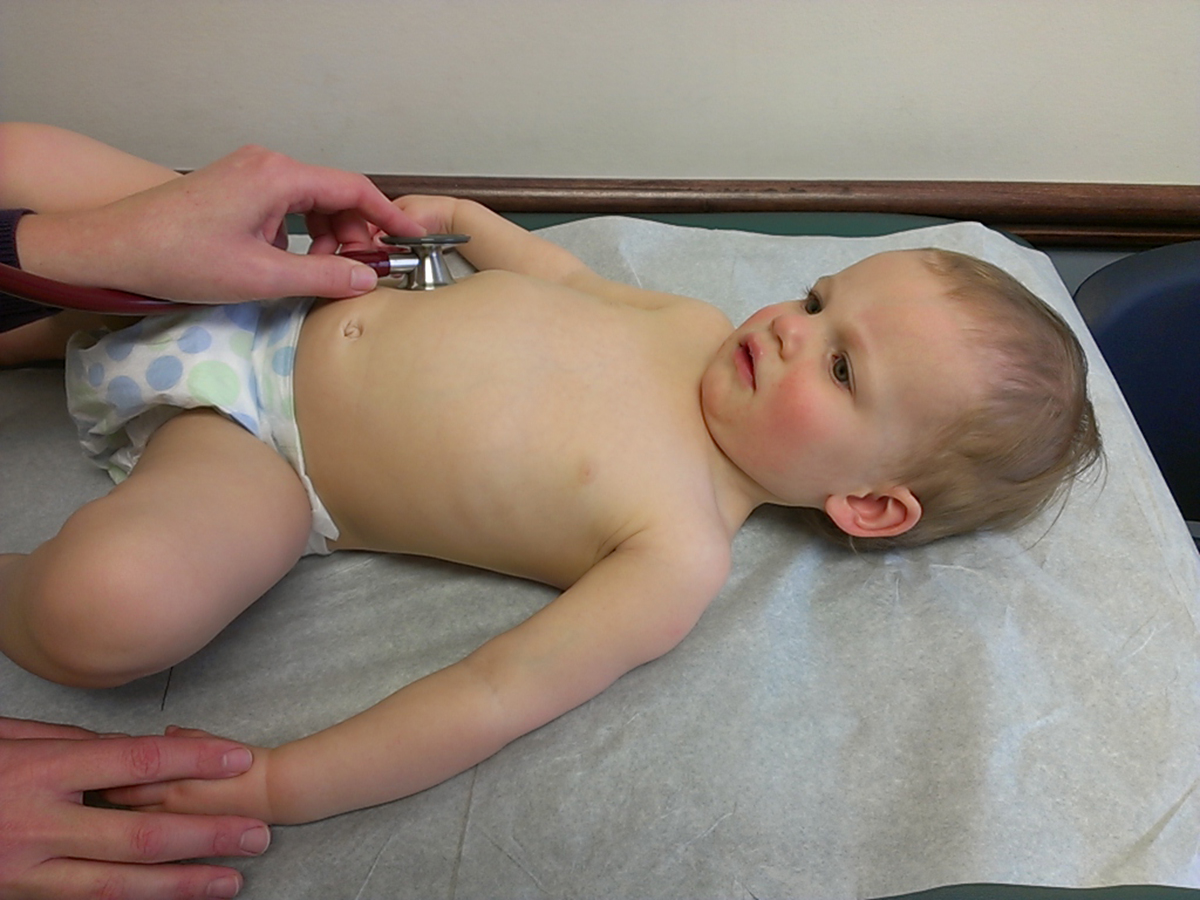Table of Contents
Although the infection can be serious, and deaths do occur, most children will recover. Treatment is aimed at fighting the infection, preventing complications and keeping the child comfortable.

Treatment for Pertussis
Treatment will often depend on the age of the patient. Older children and teenagers may be treated at home with antibiotics. Supportive treatments, such as over the counter pain medication to decrease a sore throat may be helpful. Children will also be encouraged to rest and drink plenty of fluids.
Children who develop complications, such as pneumonia, will also usually be hospitalized. Children are given antibiotics to treat the infection. Intravenous fluids may also be needed to treat dehydration. In some children, coughing can be so severe, sedatives may be needed to decrease the cough.
Some children may develop life-threatening breathing problems. If that occurs, they need to have a breathing tube inserted into their trachea in a procedure called an intubation. After being intubated, the patient will be placed on a ventilator to assist with breathing. As the child recovers and can breathe efficiently on his own, he can be slowly weaned off of life support.
Prevention and Vaccination
Pertussis is very contagious and is spread by breathing in droplets of salvia from a person who is infected. When someone with the infection coughs or sneezes, respiratory droplets are released into the air. If the small droplets are inhaled by someone in close contact, they can become infected with the disease.
A vaccine called the DTaP is available, which is often given in combination with the vaccine for tetanus and diphtheria. There are vaccines available for infants, children and booster shots for teens and adults. The initial vaccine for infants is given is a series of five injections spaced months apart. According to the CDC, the recommended schedule is administering the first dose of DTaP at two months of age and then a subsequent dose at four months and six months. Two additional doses are also recommended at between 15 and 18 months and another between ages four and six.
See Also: Why Parents Should Still Say Yes To Childhood Vaccines
The National Network of Immunization Information (NNII) reports the pertussis vaccine is up to 89 percent effective against preventing the infection. When children who were vaccinated against the illness become infected, their illness is usually milder and resolves quicker than children were not vaccinated.
The vaccine is considered safe, but side effects can occur. The most common side effect is soreness, swelling or redness where the vaccine was administered. In infants, tiredness, vomiting, reduced appetite and fever may occur.
Although it is important to protect your child, parents should also speak to their doctor about the need for a booster shot for themselves. Becoming vaccinated against pertussis not only protects an individual from becoming infected, but it prevents the possibility they will spread the infection to someone else.
- http://umm.edu/health/medical/altmed/condition/pertussis' http://www.immunizationinfo.org/vaccines/pertussis-whooping-cough
- www.cdc.gov/vaccines/vpd-vac/pertussis/default.htm#vacc
- Photo courtesy of Liza by Flickr: www.flickr.com/photos/noahfans/317485841/
- Photo courtesy of Ragesoss by Wikimedia Commons: commons.wikimedia.org/wiki/File:Physical_examination_of_child,_age_15_months.jpeg

